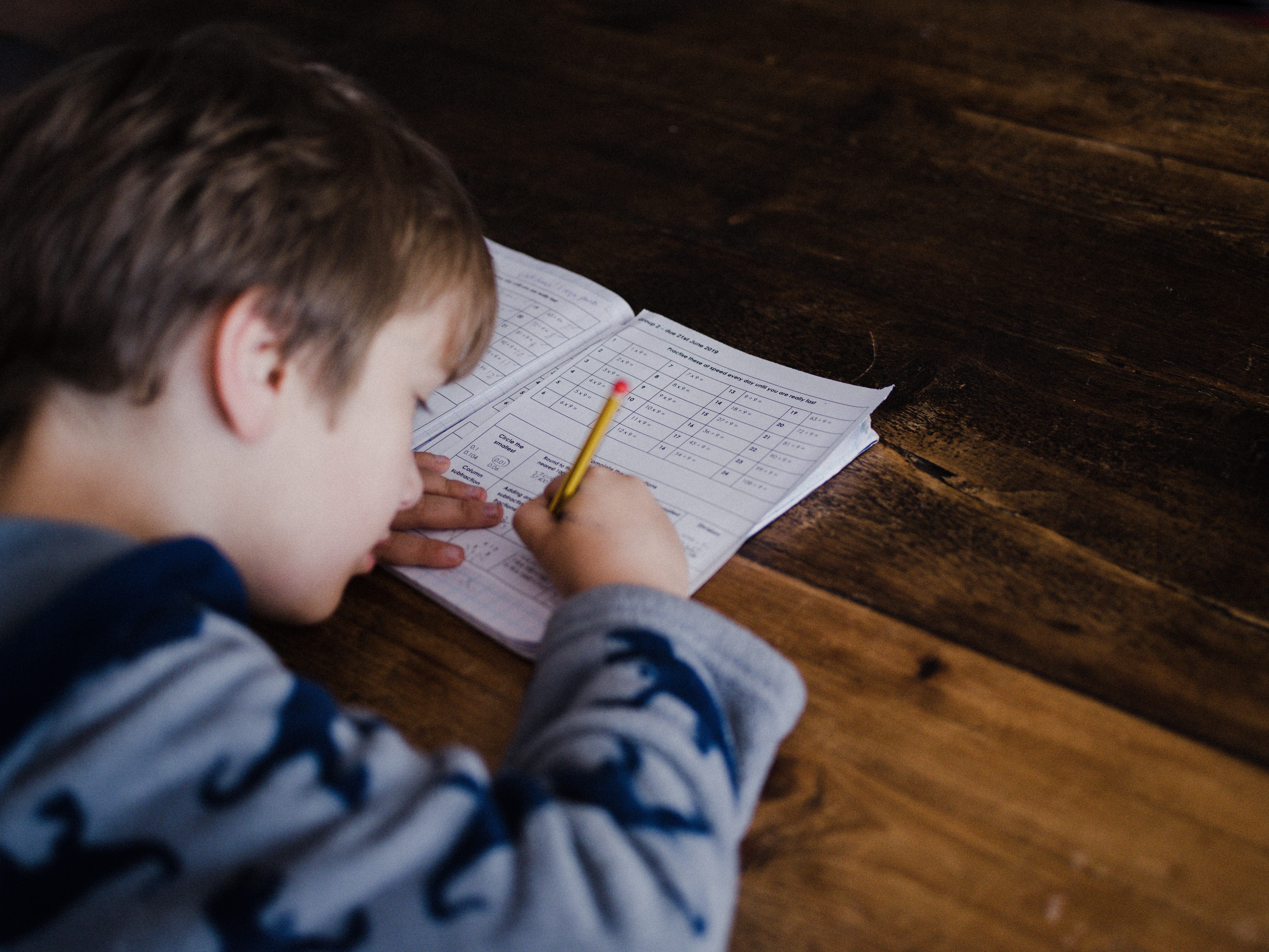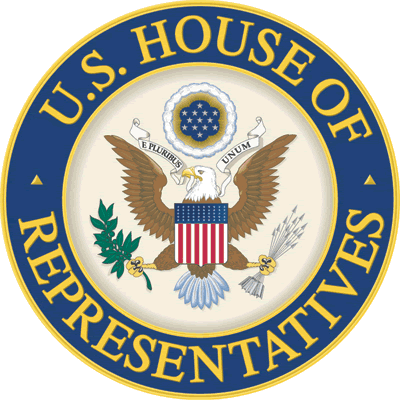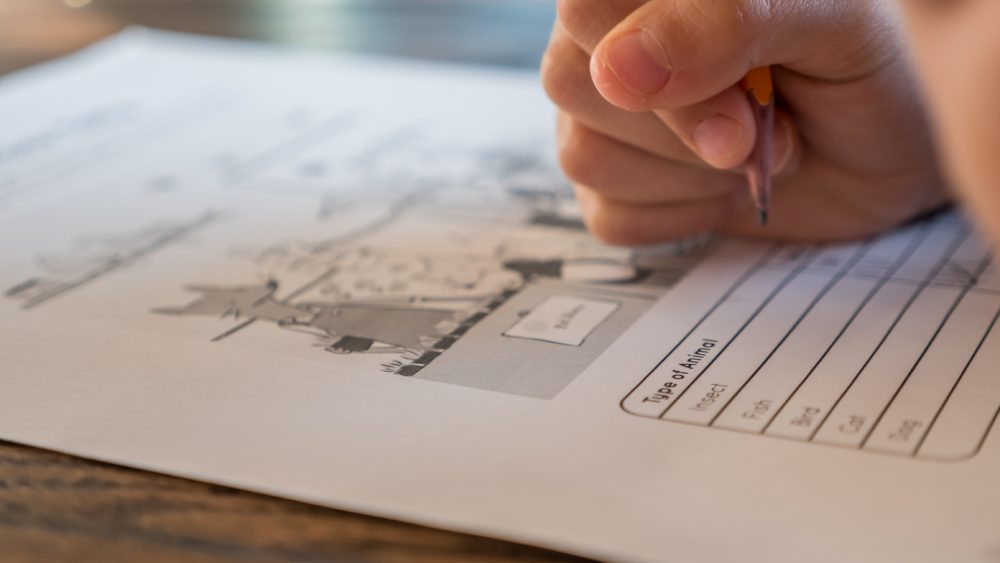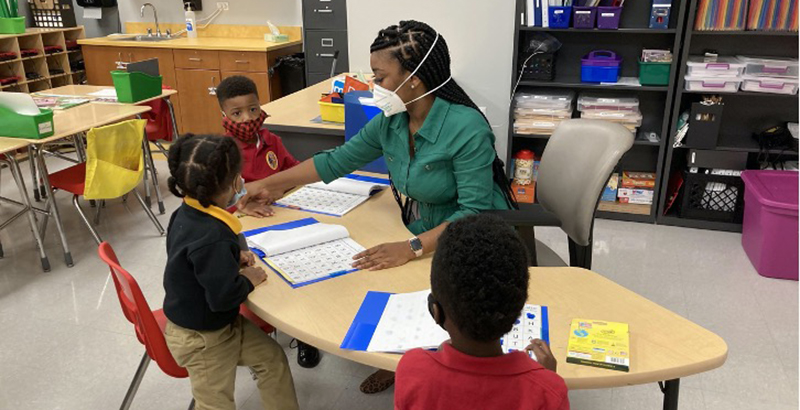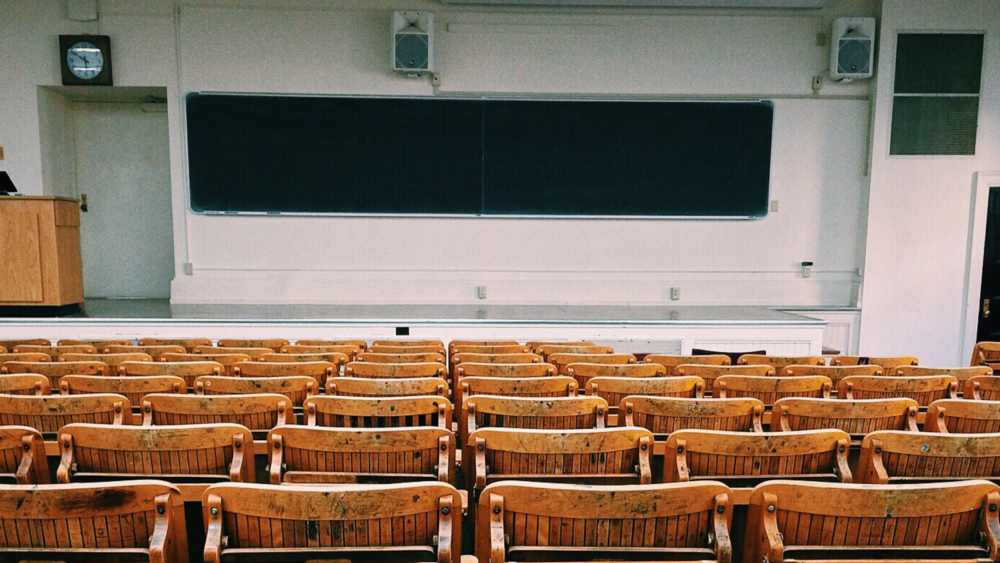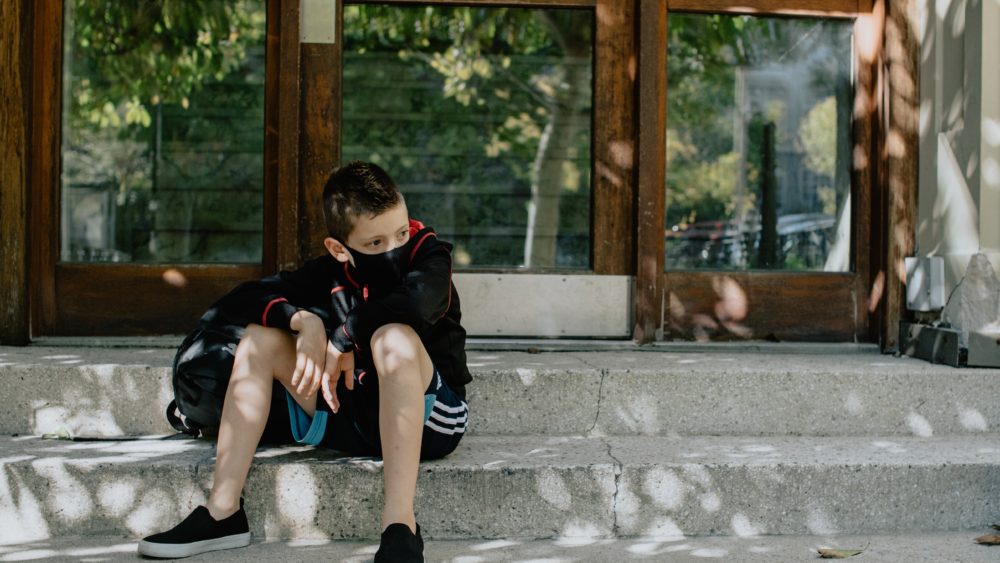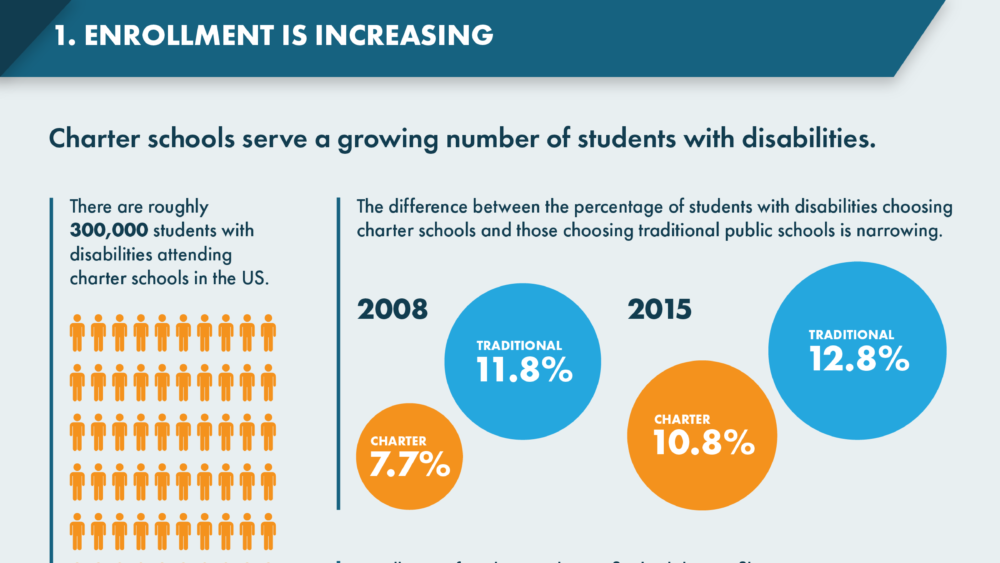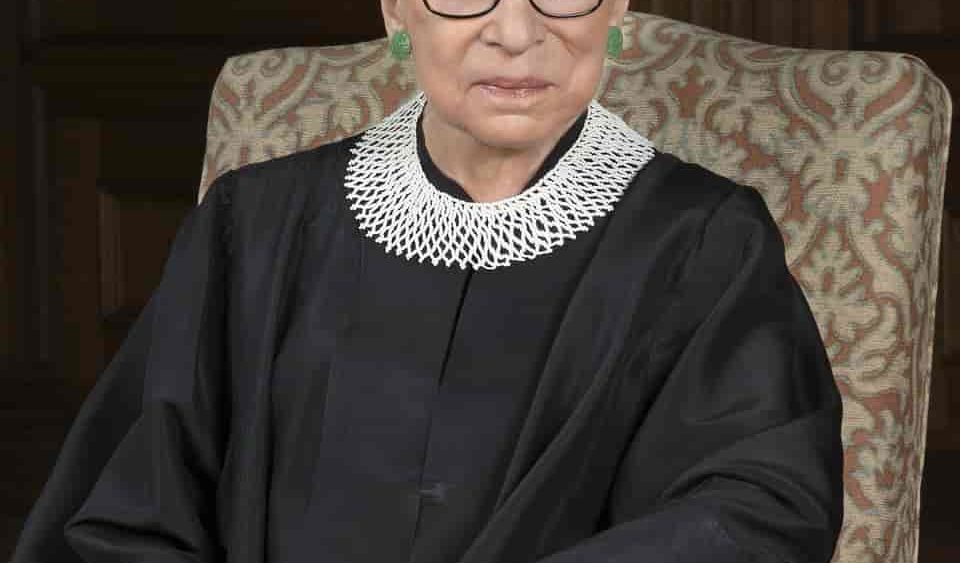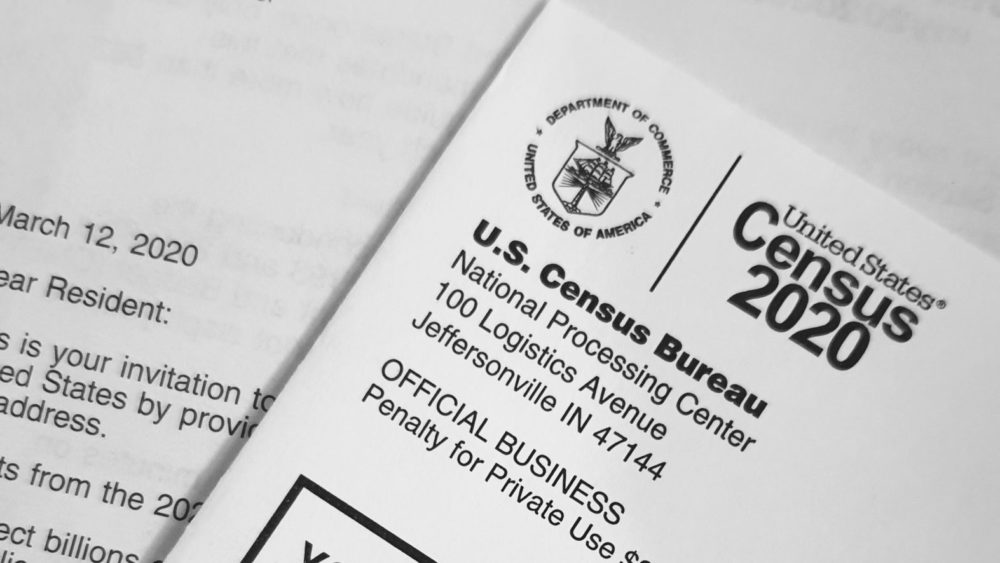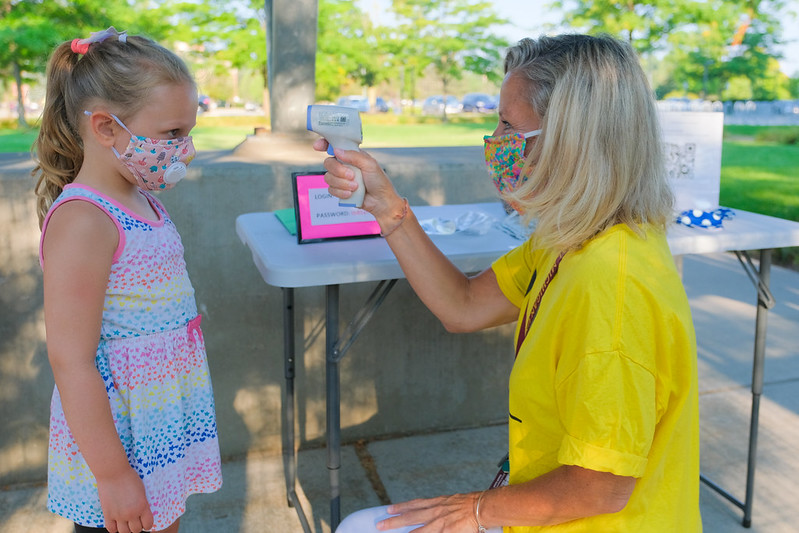Students with disabilities have long faced disproportionate rates of harsh disciplinary practices like physical or mechanical restraint and seclusion—often with disastrous results, including permanent injury and death. New data from the Civil Rights Data Collection released today by the US Department of Education shows that this disproportionality has sharply increased—a shocking and disappointing trend.
Children with disabilities have been disproportionately affected by the COVID-19 pandemic—both in and out of school—and the enormous challenge of adapting to the new normal has placed schools and districts under financial strain. In light of these facts, the Center is proud to support the Supporting Children with Disabilities During COVID-19 Act (H.R. 8523).
On October 15, NJ Left Behind reprinted the Center’s statement on new data from the Civil Rights Data Collection that shows that students with disabilities continue to face disproportionate rates of harsh disciplinary practices.
On October 13, Edweek posted a story on how New Orleans plans to help students make up for learning losses during the pandemic and quoted Lauren Morando Rhim.
As New Orleans educators and advocates for children, we are reflecting on the 15th anniversary of Hurricane Katrina and the ongoing manifestations of that trauma for our community and our children. With humility and transparency, we examine the mistakes we made in our efforts to reopen schools and educate children, especially children with disabilities, in the wake of that unimaginable disaster and loss. We hope that our lessons learned will prove valuable to educators nationwide as they reopen schools in the midst of the COVID-19 pandemic.
In an October 7 piece, The 74 Million shared Senior Policy Director Wendy Tucker’s concerns about disproportionate discipline of students with disabilities during the COVID-19 pandemic.
The Center’s bi-annual secondary analyses of the US Department of State’s Civil Rights Data Collection help to identify trend data related to special education in public schools, and in particular in US charter schools. This infographic illustrates key trends the Center identified in our analysis of the 2015-2016 data collection.
Justice Ruth Bader Ginsburg spent her life standing up—and speaking up—for just and equal treatment for all. She was the author of one of this country’s most impactful Supreme Court decisions on disability rights, Olmstead v. L.C., where she stood up against the systematic institutionalization of people with disabilities, holding that “unjustified institutional isolation is a form of discrimination” that “perpetuates unwarranted assumptions that persons so isolated are incapable or unworthy of participating in community life.”
Over the last several months, you’ve likely heard a lot of talk about the US Census—both calls to complete it and concerns about its timeline. Census results have broad implications for political representation, federal funding to states and communities, and how we see ourselves as a country. But far too few advocates for students with disabilities are aware of the role the Census plays in funding special education or the risks an incomplete count pose to students.
Disproportionate discipline of students with disabilities is a long-running crisis—and with the new rules and considerations around COVID-19, the stakes are even higher. Instead of simply reacting as incidents come up, however, schools have the opportunity to develop proactive discipline policies that serve students during the pandemic and also provide positive structures for the future.
